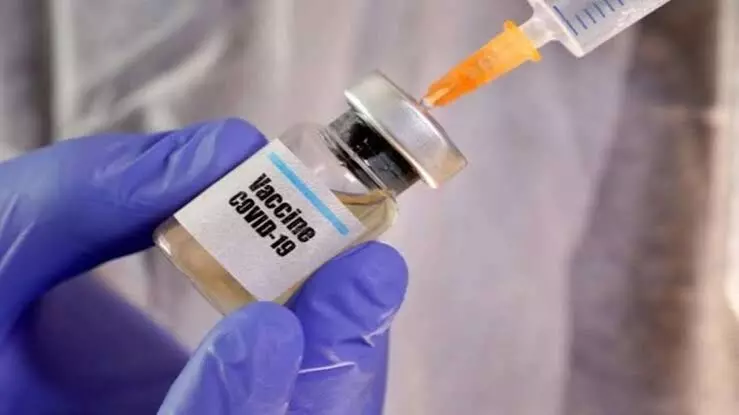
British survey shows booster vaccinations may be necessary to battle Covid-19
text_fieldsScientists are recommending a booster shot of the COVID vaccine in order to prevent 'breakthrough' infections (infections in vaccinated people). The survey found breakthrough infections to be most common three months after vaccination and more common in large households and those with small children.
The testing, conducted at the Imperial College in London, looked at swab results of almost 100,000 people. The researchers found that infection rates went down from 1.76% in the unvaccinated to 0.35% in vaccinated but that three months after the second dose, infection rates rose again to 0.55% three to six months after the second shot.
The React study has used community testing to provide regular snapshots of the epidemic in England throughout the Covid crisis. The latest data include results from 100,527 swabs provided between 9 and 27 September, and another 98,233 swabs taken in June and July. The survey has not yet been peer reviewed but all samples have come from the Delta variant of the COVID virus with a new mutation having presented itself in one sample. Dubbed E484K, it is being monitored by the UK Health Security Agency.
Results showed that the highest rates of infection were in children and teenagers, followed by 35-50 year olds. Efforts to vaccinate healthy 12 to 15-year-olds and provide boosters for those aged 50 and above are now under way.
The survey also points out that while England seems to have plateaued in terms of cases, the lull had hidden signs of resurgence of the virus in other parts of the population, namely school-going children and large families. Though R, the number of people an infected person typically passes the virus on to, stood at 1.03 for England as a whole in September, infections appeared to be rising in the East Midlands and London, with R at 1.36 and 1.59. New Covid cases in the UK rose to 42,776, the highest recorded since late July.
























